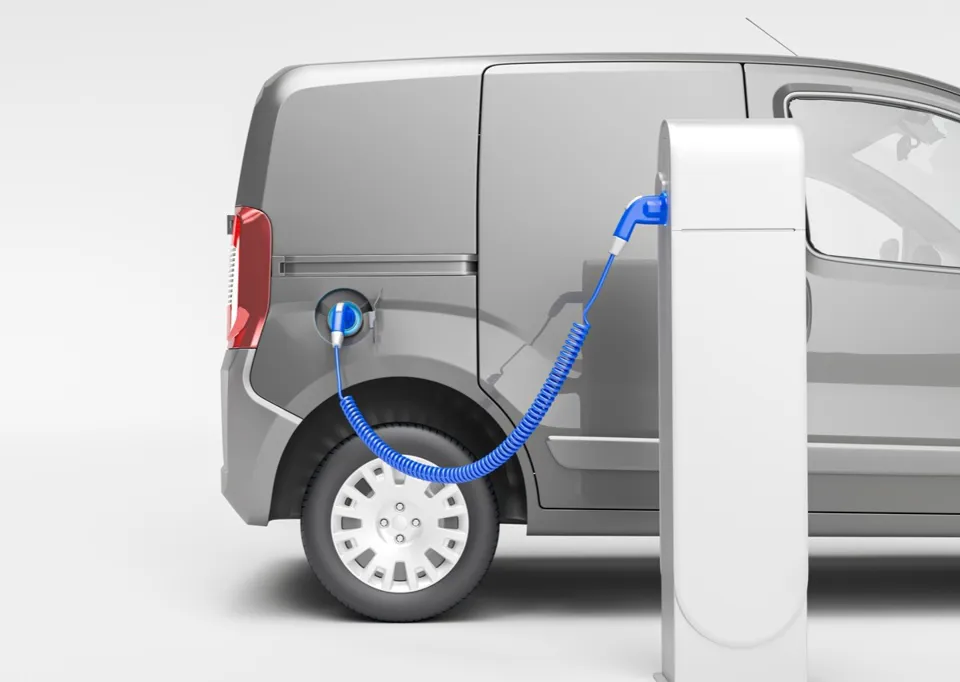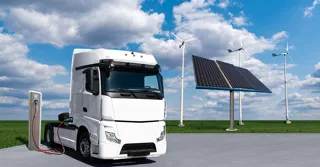Ricardo has secured Government funding to develop an electric motor for use in commercial vehicles.
The environmental, engineering and strategic consulting company won two UK Government-backed innovation competitions to support the UK’s transition to zero emission vehicles.
Ricardo was awarded funding from the Office for Zero Emission Vehicles (OZEV) and the Driving Electric Revolution Challenge at UK Research and Innovation to the UK-ALUMOTOR consortium which Ricardo leads.
The company, which secured two additional rounds of funding in September, has been developing a rare-earth magnet-free sustainable electric motor concept with aluminium stator windings, which retains the key attributes of magnet-rich motors.
The goal has been to create technology which is robust, costs less than current products and reduces lifecycle impact by eliminating the use of scarce resources - for example up to 12kg of rare earth metals - and also high acidification materials such as copper without impacting motor function or quality.
Through the first funding award, in partnership with Innovate UK, Ricardo is seeking to develop the motor concept specifically for battery electric light commercial vehicles.
The second award will allow Ricardo and its consortium partners, Aspire Engineering, Brandauer, Warwick Manufacturing Group at The University of Warwick, Phoenix Scientific Industries, and Global Technologies Racing, to get the light commercial vehicle motor concept to a much higher level of manufacturing readiness.
The consortium is also investigating higher performance derivatives, suitable for passenger cars, defence and motorsport applications.
Teri Hawksworth, president of Ricardo Automotive and Industrial EMEA, said: “The cost of electrification is widely recognised as being the biggest barrier to wide-scale adoption of electric commercial vehicles. Manufacturers are also concerned about the supply security and volatile costs of the rare earth metals used in most zero emission vehicles.
“Ricardo is committed to supporting manufacturers by driving cost out of electrification, leveraging our world-renowned expertise in motor innovation, and driving sustainable technology solutions which will support the UK in achieving its net zero carbon emission targets for commercial vehicles by 2030.”





















Login to comment
Comments
No comments have been made yet.